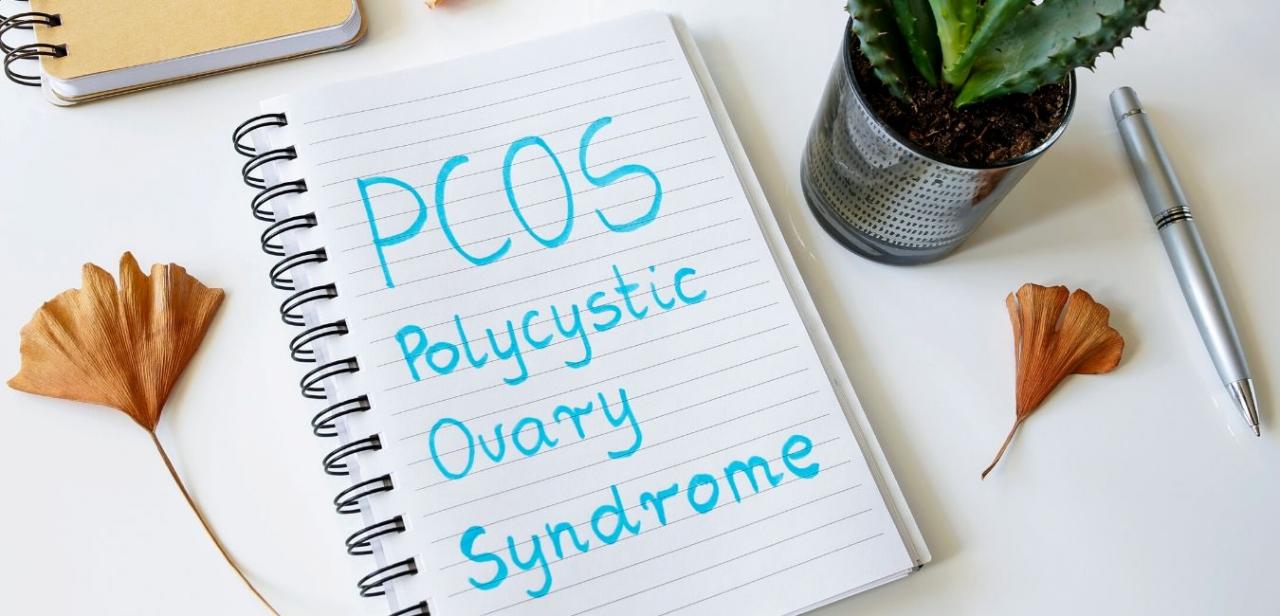
Have you recently been diagnosed with PCOS, or perhaps you are concerned you may be suffering from it and you’re unsure of what it means to you and your health? It can be scary to get a diagnosis you don’t understand, and can leave you in quite a tailspin as to what you should be doing. Here we will take a look at PCOS, what it is, its most common symptoms, and treatment/coping methods that you may wish to use.
Of course, it’s also a good idea to make an appointment with your doctor so you can discuss your concerns in person and get answers that relate to your specific case.
What is PCOS?
PCOS as it is commonly called is short for polycystic ovary syndrome. This is a health issue that affects the hormone levels in women. For a woman that has PCOS, her body ends up producing much higher amounts of male hormones than what is considered normal.
Because of the hormonal imbalance it can affect women in all kinds of different ways. One of the most significant ways it affects women is that it can make it very difficult for a PCOS sufferer to get pregnant.
It is estimated that up to 26.7 percent of women in their childbearing years (ages 15 to 44) have PCOS. As well, many of the women who have PCOS don't actually realize they have it. They may be trying to get pregnant, are having issues, and aren’t sure what the cause of the problem is. When the male hormones are higher than normal, it prevents the body from producing and making eggs.
Not only can PCOS affect women in their childbearing years, it can go on to affect them later in life. It has been known to elevate the risk of developing depression, type 2 diabetes, sleep apnea, and high blood pressure.
While doctors aren't yet sure of what causes it, there are some factors that can increase a woman's risk of developing PCOS. This includes insulin resistance, genes, obesity, and increased levels of inflammation in the body.
What Are the Common Symptoms?
There are a few symptoms that could point towards PCOS, but in order to get a true diagnosis you will need to visit your doctor. Common symptoms can include:
• Oily skin and/or acne
• Weight gain
• Hair loss or thinning hair
• Irregular periods or periods stop all together
• Excessive hair growth on the body and face
• A problem trying to get pregnant
Treatment for PCOS
Unfortunately there is no cure for PCOS, but there are a number of ways you can go about managing its symptoms. This can include living a healthy lifestyle and maintaining a healthy weight, getting regular exercise, eating a balanced diet, avoiding smoking, and getting hormone therapy. There are also supplements you can take that can help regulate your body's functions such as MYO Inositol for PCOS. Inositol works to help you maintain a healthy level of hormones and stress so that your body performs at its optimum level.
Learning you have PCOS can be quite alarming at first, but as you learn more about it, you will find there are things you can do to lessen the symptoms.
All user-generated information on this site is the opinion of its author only and is not a substitute for medical advice or treatment for any medical conditions. Members and guests are responsible for their own posts and the potential consequences of those posts detailed in our Terms of Service.




Add a Comment1 Comments
Hello, dzhingarov!
Thank you for this information about PCOS. I'm sure members will find it very helpful.
Helena
November 4, 2017 - 5:31amThis Comment